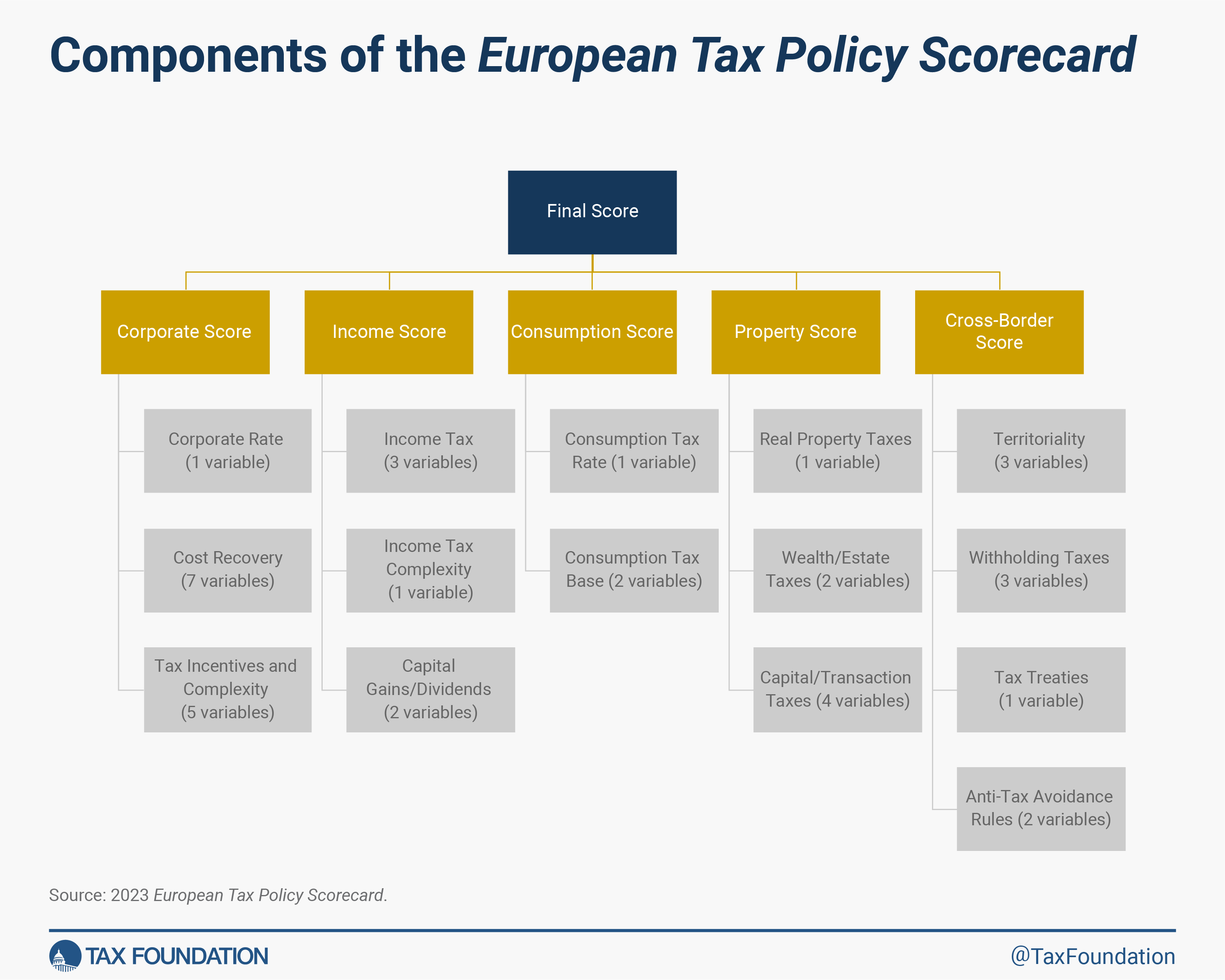Cutting IRS Resources and Punishing Honest Taxpayers
House Speaker Kevin McCarthy (R-CA) and President Biden recently agreed to cut back on some of the increased IRS funding enacted through last year’s Inflation Reduction Act (IRA). Forget about what you think about the IRS for a moment and the soundbite about “getting the IRS off your back.” If you’re an honest taxpayer, our elected officials just voted to increase your share of the federal tax burden and leave a higher level of national debt to your and my children.
That’s one reason that five former commissioners of IRS, Republican and Democrat, have argued eloquently that additional IRS resources would create a fairer tax system. The logic is simple. Fewer resources for the IRS mean reduced enforcement of tax laws. Though the tax code has become more complex, prior to the IRA real resources of the IRS had been cut by about 23 percent from 2010 to 2021.
Despite this drop in resources, the IRS’ cost of collecting $100 of taxes has fallen to 29 cents, a reduction of more than half since 1992. Before celebrating this “do more with less” approach, realize that the IRS is most efficient when it’s able to match reports from employers, banks, and others with what you declare on your tax return. Audits of taxpayers with more complex returns have declined dramatically in recent years, and those dynamic favors wealthier taxpayers over traditional workers whose wages are reported to IRS by their employers.
Unfortunately, the recent cutback is only one of many occasions where soundbites have dominated discussions about the right level of resources for the IRS.
The long decline in IRS resources came about partly because past presidents, including Democrat Bill Clinton, wanted to signal that they reduced the size of government as measured by the total number of its employees. The IRS had to cut staff even though there was no analysis that suggested that the resulting cutback in audits and taxpayer service would make the IRS more efficient in carrying out its duties.
President Biden set his own sound bite policy by promising that the tax agency would not increase audit rates for households earning less than $400,000 per year. This guideline is quite awkward, as cheating occurs at all levels of income. It’s also hard to know off of a tax return the true income of someone who underreports income.
Measuring success in meeting this $400,000 criterion is also somewhat arbitrary when soundbites dominate. For instance, it might depend upon the way that “audit” versus “examination” is defined when it comes to the extent of correspondence with taxpayers. Also, if the IRS audits at a much higher rate those with declared income of more than $400,000, then it has signaled that one can more likely avoid audit by underreporting enough income to fall below the threshold.
Congress does have an alternative: substantive tax reform largely centered on simplifying the tax code. Although there have been some simplifications as parts of larger bills like the 2017 Tax Cuts and Jobs Act, those enactments contained many new complications as well. There hasn’t been any major effort aimed primarily at simplification since 1954.
Simplification, however, is a complex subject, and can’t be determined by sound bites either. For instance, Bret Stephens of the New York Times mistakenly defined simplification as a flat rate and no deductions. As long as some income, such as for those in poverty, is taxed at a zero rate, the rate structure is progressive, not flat. Moreover, a tax software calculation or look-up table isn’t made any simpler with a flat rate, and many deductions, such as for payments of wages to employees or interest to lenders, are necessary to measure net income.
Enforcement would be improved significantly with more document matching; for example, charitable contributions are now largely unexamined and unaudited. Though such expanded reporting would also simplify record keeping for many taxpayers, it would still add reporting burdens to businesses, charities, and other organizations, so some reasonable balance would be required.
It’s time to make decisions about tax administration with sensible assessments of what is efficient, fair, and enforceable. Sound bites that poorly define the costs and benefits of different IRS actions seldom help solve the problem. If Congress wants less aggravation for taxpayers, it ought to consider tax simplification. It’s one way to move forward without increasing the share of taxes owed by honest taxpayers






